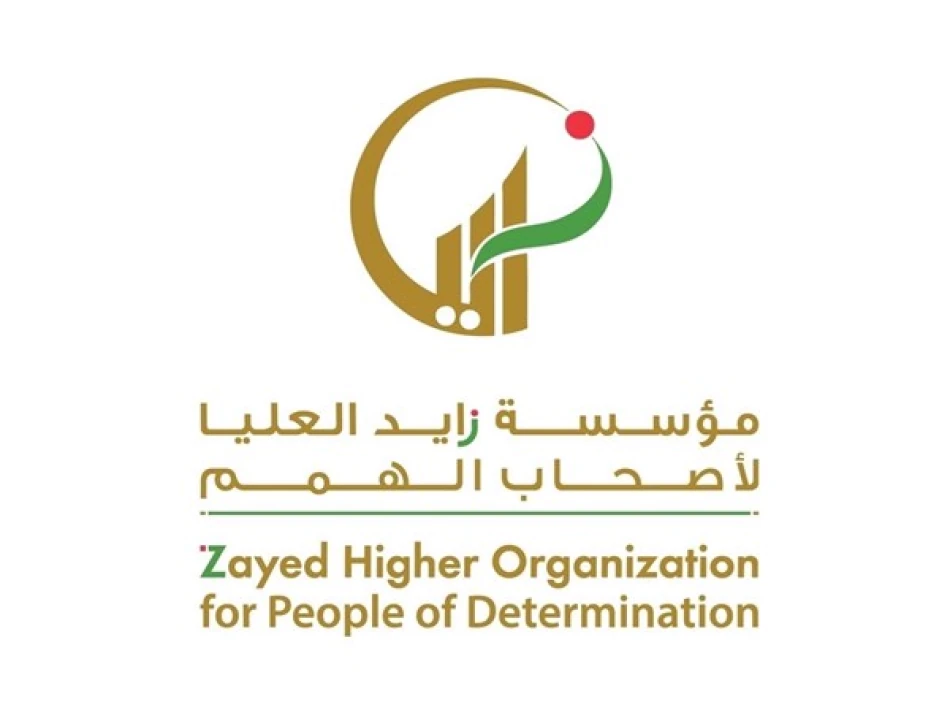
Zayed University Welcomes Students as New Academic Year Begins
UAE's Zayed Higher Organization Launches AI-Driven Special Education for 2,100 Students
Abu Dhabi's Zayed Higher Organization for People of Determination has begun the 2025-2026 academic year with a transformative approach, welcoming 2,100 students with disabilities across 15 specialized centers throughout the emirate. The initiative marks a significant shift toward integrating artificial intelligence and modern educational methodologies into special needs education, positioning the UAE as a regional leader in inclusive learning technologies.
Comprehensive Network Spans Three Major Regions
The organization operates an extensive network of care and rehabilitation centers across Abu Dhabi's three main regions. In Abu Dhabi city, facilities include the main Care and Rehabilitation Center, the Autism Center, and vocational training programs for students over 16. Al Ain region houses centers in Al Qou'a, Al Wagan, and the city center, alongside its own autism facility and agricultural training programs. The Al Dhafra region extends services to more remote areas including Al Sila, Ghayathi, Al Mirfa, Dalma Island, and Zayed City.
This geographic distribution reflects the UAE's commitment to ensuring equal access to specialized education regardless of location—a model that contrasts sharply with many countries where such services remain concentrated in major urban centers.
Technology Integration Sets New Standards
Artificial Intelligence Takes Center Stage
Under the supervision of Sheikh Khaled bin Zayed Al Nahyan, the organization is implementing individualized AI-powered learning programs for each student. This technological integration spans communication therapy, physical rehabilitation, special education, and vocational training—areas where personalized AI assistance can dramatically improve outcomes.
The move positions the UAE ahead of global trends in special education technology. While countries like Singapore and South Korea have experimented with AI in mainstream education, few have systematically applied these tools to special needs learning at such scale.
Infrastructure Investment Signals Long-Term Commitment
The organization completed comprehensive facility upgrades and maintenance programs before the academic year launch, ensuring all learning environments meet modern accessibility standards. This infrastructure investment, coupled with recruitment of specialized staff, demonstrates the UAE's substantial financial commitment to inclusive education.
Strategic Implications for Regional Leadership
The initiative aligns with the UAE's broader strategy to become a global hub for innovation and social development. By investing heavily in special needs education, the country is building human capital while demonstrating soft power leadership in the Middle East region, where disability services often receive limited government attention.
Secretary-General Abdullah Abdul Ali Al Humaidan emphasized that the program aims to enhance students' confidence and prepare them for full societal integration and active participation in national development. This language reflects the UAE's pragmatic approach to social investment—viewing special education not as charity, but as economic and social development strategy.
Measuring Success in a Changing Landscape
The program's emphasis on vocational training for students over 16 suggests recognition that traditional academic metrics may not capture the full value of special education. By focusing on practical skills and independence, the UAE is adopting outcomes-based approaches that could influence policy in other Gulf states.
The integration of AI tools for individual student plans represents a significant departure from one-size-fits-all special education models. If successful, this approach could become a template for other nations seeking to modernize their disability services while managing costs through technology efficiency.
With high-level government backing from President Sheikh Mohamed bin Zayed Al Nahyan and Crown Prince Sheikh Khaled bin Mohamed bin Zayed Al Nahyan, the program enjoys the political stability necessary for long-term success—a crucial factor often missing in special education initiatives elsewhere in the region.
Most Viewed News

 Layla Al Mansoori
Layla Al Mansoori






